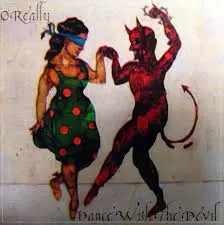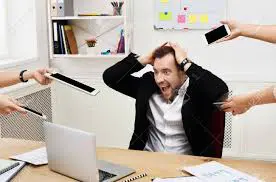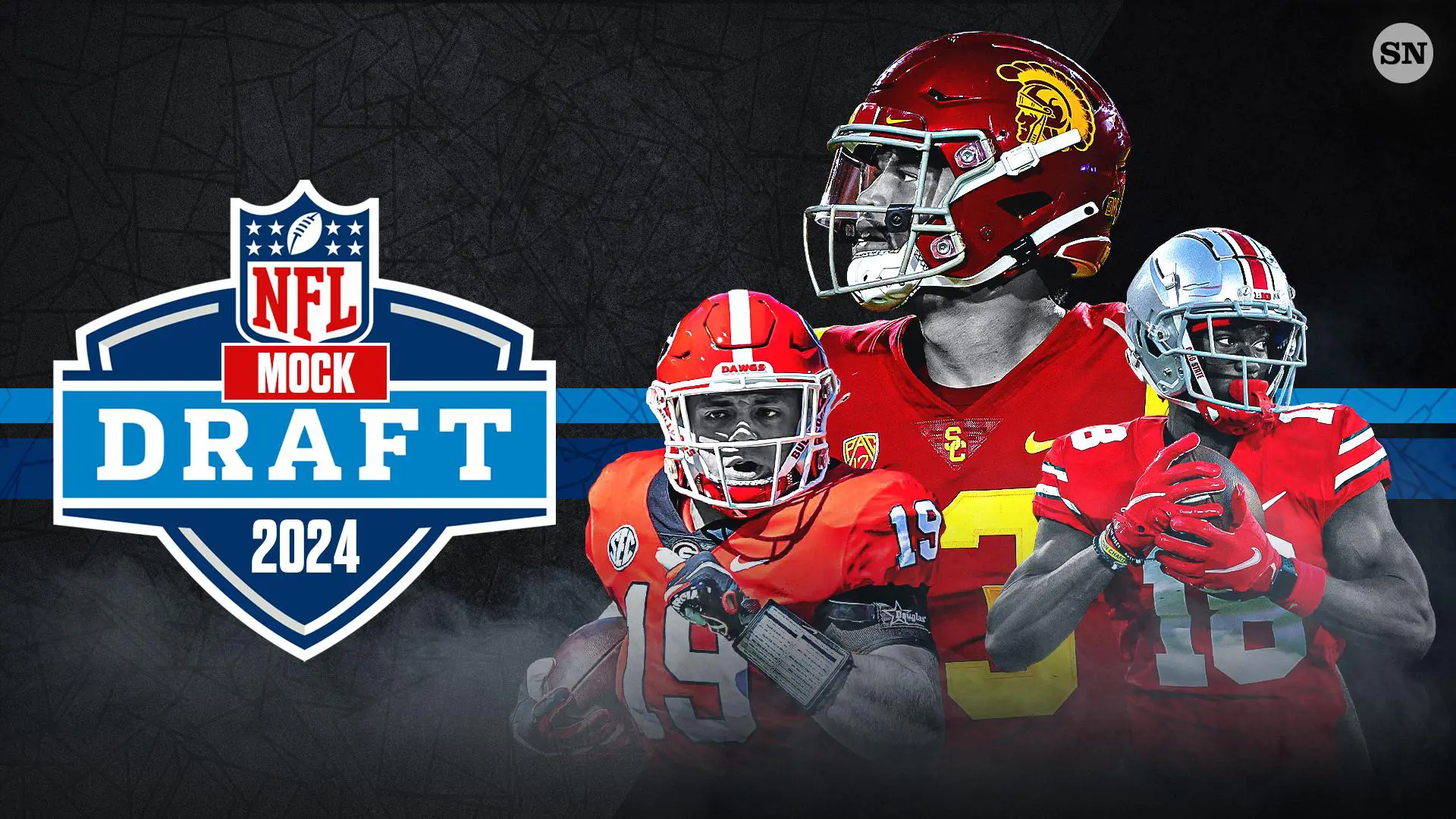Executive Coaching: One Happy Ending
4 min read
Updated: Jan 22, 2022
Executive coaching has burst onto the corporate scene in a very short period of time. My clients are requesting it. My candidates are requesting it. I have requested it. Yes, I have my own executive coach now. We meet via Zoom twice per month now.
And what a difference it has made in my business.

So exactly what is Executive Coaching? Executive Coaching is a process through which executives are helped to measurably improve their performance and personal effectiveness while reducing stress. They are enabled and empowered to look inward to make the right decision. They become accountable to themselves. They own what they say and do.
But does everyone need one? What if I am already at the top of my game? Does Tom Brady have a performance coach? Does Bill Gates? Richard Branson? Elon Musk? YES. Perhaps the most famous performance coach of all time, Tony Robbins, has coached past presidents of the United States.
Permit me to relay an example that happened to me this past week. A candidate (I will call him John) called me to explain that he had just started a new position with a small insurance agency based in Virginia that promised him the opportunity to become a partner within five years. He has been in this position for three weeks. To his surprise, he received a belated offer two days ago from one of the Big Three brokers in WDC at a significantly higher base salary. He was flattered to have received such a substantial offer.
He explained to me that he was now conflicted with his new firm and was having second thoughts about his decision to take the position.
This is when my phone rang. John’s ultimate question was, “Should I stay or jump ship for this great opportunity with the major player?” He was leaning on jumping ship and seemed to be seeking my validation.
I could tell it was really bothering him. And he didn’t have anyone to confide in.
I agreed to help him on an hourly basis. (Note: executive coaching fees widely vary but generally range from $250 – $500 per hour).
Coaching is much different than consulting or training. A coach draws out the participant using open-ended questions while the participant does most of the talking. The goal of the coach is not to provide solutions or advice, but to lead the individual on a journey of self-discovery, and ultimately, to self-realization so that the individual uncovers the solution that is already inside of him/her. Through this self-examination process, it becomes their own solution. They own it. And they buy into it. It is their solution and not the coach’s. It is very powerful.
After being asked many open-ended questions about his own personal and professional long-term goals, John came to the realization that he is “more of an owner, not a temp” and, by extension, his willingness to live with the consequences of his own actions. He explained that what really drives him is having the opportunity (and control) to build and grow something special – like an artist.
He talked about how he likes to innovate and work outside of the box. He told me that what really excites him is having the freedom to make a difference in a firm and with his team.
When asked why he was considering the large WDC broker he described how great it would look on his resume and the status that such a high-profile firm would give him. He said, “I’ve always wanted to work for one of the big boys.” But it sounded hollow and I could sense a lack of energy. I noticed he looked away when he said this. In contrast, when talking about the small firm, he got excited; very passionate. He could hardly sit in his chair!
What did John decide to do? He decided to not jump ship to the large firm. In fact, he felt so empowered by his decision to stay put, he decided to request a meeting with the owner to draw up a list of mutually agreed upon specific goals and objectives that would become his road map to becoming a partner. John was bought in. Completely.
I coached John on how to approach his ownership in an assertive, but non-threatening manner. I coached him on how to extremely own this road map. John promised to be accountable to himself, the ownership, and to his direct reports on a consistent basis. John also admitted to me that HE needed to take on more of a leadership role and learn to delegate more effectively to his direct reports. This is what successful owners do. They exercise extreme ownership. They own everything they do. No excuses.
John was so excited at the end of the call, he told me he couldn’t wait to get to work on Monday!
Do you think it was worth the couple hundred bucks John spent for 30 minutes of my time? Do you think coaching can be an effective performance tool for you?
I will follow up with John, but I would bet big money he will become an owner within five years and not be sitting in traffic commuting to a cubicle in WDC.
Rob



